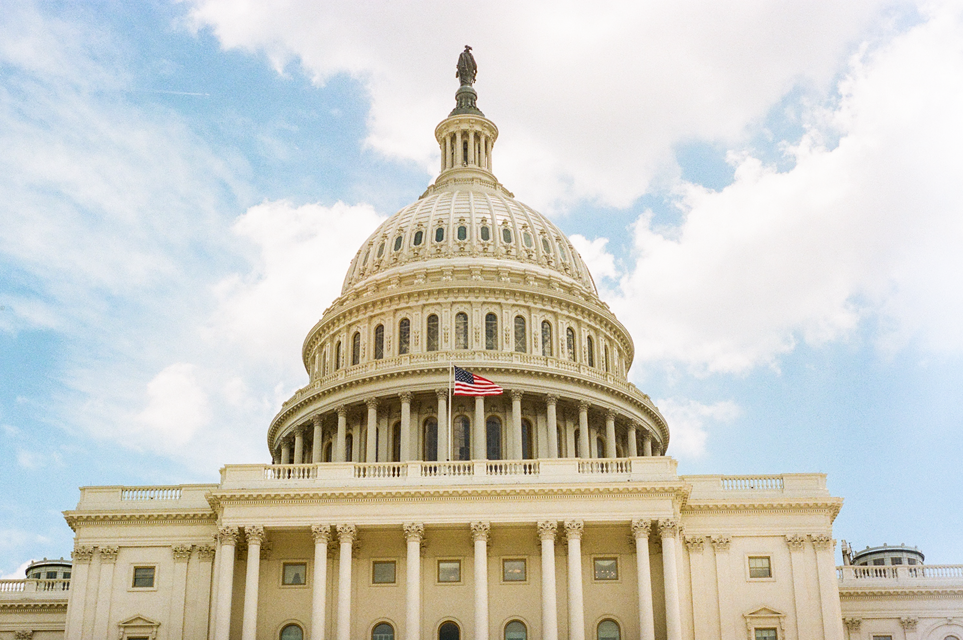President Joe Biden signed the American Rescue Plan Act of 2021 (ARPA) into law on March 11, 2021. Along with providing financial relief for individuals, state and local governments, schools, businesses and for other purposes, the law contains the following measures of special interest to employers and their employees:
- A subsidy for COBRA premiums, funded through employer tax credits
- Extension of employer tax credits for FFCRA employee leave voluntarily provided through Sept. 30, 2021
- Expansion of employee earnings eligible for the FFCRA tax credit
- Inclusion of testing and immunization as reasons for FFCRA leave
- Extension of $300 increase in weekly unemployment benefits
- Extension of weekly unemployment benefits for workers who otherwise wouldn’t qualify for these benefits
- Expansion of subsidy for ACA premiums
- Increase in DCAP contribution limits
- Extension and expansion of the employee retention tax credit
Action Steps
Employers should review the ARPA’s provisions to identify any requirements and opportunities that apply to them. Employers are also advised to watch for official guidance on the implementation of the law.
COBRA Subsidy
The Consolidated Omnibus Budget Reconciliation Act of 1986 (COBRA) allows employees who would lose employer-sponsored health insurance because of job loss (or a reduction in working hours) to continue that insurance for 18 months. However, the employer can require the employee electing COBRA coverage to pay the entire cost of the premium.
The ARPA provides a 100% subsidy of COBRA premiums from April 1, 2021, through Sept. 30, 2021, for employees and their family members who lost health insurance due to the involuntary termination (or reduction in hours) of their employment. These individuals would be allowed to elect subsidized COBRA even if they had earlier declined the COBRA option, or had enrolled in COBRA and then dropped it. The subsidy would not apply to employees who voluntarily terminated their employment or who qualify for another group health plan.
The subsidy is funded by the federal government through a refundable payroll tax credit. The ARPA contains new employee notice requirements for plan administrators; the U.S. Department of Labor will issue model notices for this purpose. Employees may elect subsidized COBRA any time from April 1, 2021, through 60 days after receiving notice of the benefit.
FFCRA Leave
The Families First Coronavirus Response Act (FFCRA), passed in March 2020, provided a tax credit for employers to fund two types of paid employee leave required by the law. These leave requirements expired in December 2020. However, the tax credits were extended through March 31, 2021, for employers that chose to continue to provide FFCRA leave beyond Dec. 31, 2020.
The ARPA extends the FFCRA employer tax credit for voluntarily provided leave through Sept. 30, 2021, and adds employee time off related to COVID-19 testing and immunization as permissible reasons for taking the voluntary leave. It also increases the amount of wages eligible for the family leave credit from $10,000 to $12,000 per employee, and it provides an additional 10 days of voluntary emergency paid sick leave for employees, beginning April 1, 2021.
Unemployment
The ARPA extends three pandemic-related federal unemployment programs that were otherwise scheduled to end in March or April 2021. These include:
- Pandemic Unemployment Assistance, which provides weekly benefits to independent contractors, self-employed individuals and other workers who would typically not be eligible for unemployment benefits;
- Pandemic Emergency Unemployment Compensation, which provides weekly benefits to individuals who have exhausted their eligibility for all other unemployment benefits; and
- Federal Pandemic Unemployment Compensation, which provides an additional $300 weekly payment to individuals who are already receiving PUA, PEUC or regular unemployment benefits.
Under the ARPA, all of these benefits are now available through Sept. 6, 2021.
The ARPA also changes how unemployment benefits received in 2020 are taxed. Specifically, it exempts the first $10,200 from federal income tax for each spouse in households with under $150,000 in adjusted gross income.
ACA
The ARPA temporarily increases the dollar amount and expands eligibility for federal subsidies for health insurance coverage purchased through the Affordable Care Act (ACA) Exchanges. Currently, the ACA’s premium tax credits are not available to individuals with income at or above 400% of the federal poverty level. The ARPA temporarily eliminates this income cap on these subsidies for a period of two years.
The law also:
- Limits the total amount a household would be required to pay for health coverage through the Exchanges to 8.5% of their household income;
- Increases the federal subsidy amounts available for lower-income individuals, eliminating premium costs completely for these individuals in some cases; and
- Includes additional federal funding intended to encourage states that did not previously expand their Medicaid programs to do so now.
These ACA changes are temporary, and will expire after a period of two years.
DCAP
For taxable years beginning after Dec. 31, 2020, and before Jan. 1, 2022, the ARPA increases the annual contribution limit for a dependent care assistance program (DCAP) from $5,000 to $10,500 (and from $2,500 to $5,250 for married individuals filing taxes separately).
Employers with DCAPs can retroactively amend their plans to incorporate this increase, if:
- The amendment is adopted by the last day of the plan year in which it is effective; and
- The plan operates consistently with the terms of the amendment until it is adopted.
Employee Retention Tax Credit
The ARPA extends the employee retention credit through the end of 2021 (the credit was set to expire in June 2021). This credit was originally enacted with the Coronavirus Aid, Relief and Economic Security (CARES) Act to encourage employers to retain on their payroll employees who could not report to work because of COVID-19-related reasons.
New features of this credit include:
- Some small startups that began operating after Feb. 15, 2020, will be eligible for a maximum credit of up to $50,000 per quarter even if they do not experience an eligible decline in gross receipts, or a full or partial suspension; and
- A new provision for “severely financially distressed” employers will begin in the third quarter of 2021. The provision will allow employers of any size to count all wages toward the $10,000 cap.






